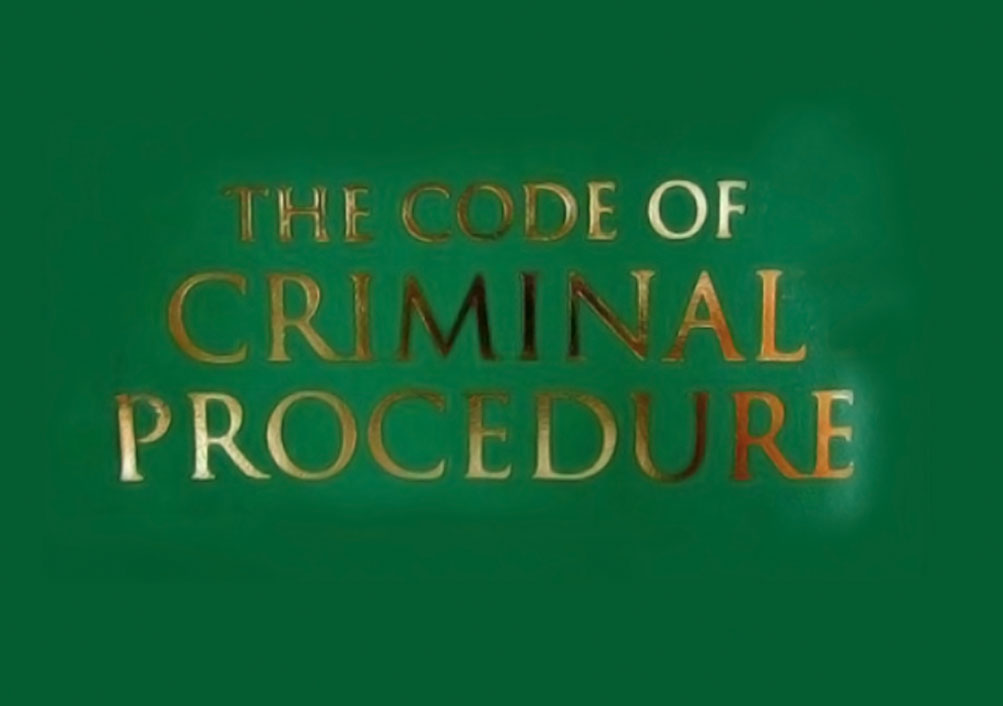Power u/s 319 of CrPC must be exercised to advance cause of criminal justice and not as tool to harass someone: Punjab & Haryana High Court

Read Order: Ram Bhateri V. State Of Haryana And Others
Monika Rahar
Chandigarh, March 14, 2022: While dealing with a revision petition, the Punjab and Haryana High Court has held that the power vested in a Court under Section 319 Cr.P.C. being discretionary, has to be exercised with a great deal of circumspection after giving due regard to the facts and circumstances of the case coupled with the evidence on record led during the trial.
Justice Manjari Nehru Kaul also asserted, “Hence this power has to be exercised only to advance the cause of criminal justice and not as a tool to harass a person who may not even appear to be prima facie involved in the commission of a crime.”
The petitioner, who is the mother of the deceased daughter named Meena, approached the High Court impugning the Trial Court’s Order dismissing an application filed under Section 319 Cr.P.C. by the prosecution to summon private respondents (father-in-law, mother-in-law and brother-in-law of the deceased) to face trial as additional accused in case FIR registered under Sections 306, 304-B and 506 IPC.
The facts of the matter as disclosed by the petitioner-mother were such that the marriage of her two daughters i.e. Meena (since deceased) and Kavita was solemnized with accused Deepak and his brother in 2018. It was her case that sufficient dowry was given during the marriage, still, the accused and his family were not satisfied and resultantly her daughters were harassed. She also claimed that all her efforts put in pacifying the situation were fruitless. In May 2021 Meena consumed some poisonous substance and died in her matrimonial home. After a month of her death, the above-mentioned FIR was filed.
Justifying the delay in lodging the FIR, the petitioner’s counsel contended that the FIR was not lodged right after her death because the petitioner was coping with her daughter’s loss. Further, he submitted that on the 13th-day ritual , the accused did not shy away from declaring that they murdered the deceased and also when Kavita visited her mother a few days later and disclosed the events that transpired before Meena’s death, the present FIR was lodged.
It was also his case that while passing the impugned order, the trial court gravely erred in not appreciating that the petitioner levelled specific and serious allegations against all the accused including the private respondents of mentally and physically torturing her daughters including the deceased, which were reiterated by her during the trial when she stepped into the witness box. Thus, it was not a case of suicide but of murder, added the counsel.
The Court observed that in the proceedings conducted under Section 174 Cr.P.C., the petitioner and her family did not level any allegations regarding the alleged mental and physical torture inflicted on her daughters. Rather, the Court noted that the father of the deceased stated during the inquest proceedings that the deceased committed suicide by consuming poison as she was in depression for being unable to conceive a child.
Further, the Court observed that the petitioner kept totally mum on multiple occasions, be it during Meena’s funeral or after the alleged declaration given by the accused and his family about their involvement in Meena’s death during the tehrvi ceremony or even after Kavit purportedly narrated the events, the authorities were not contacted outrightly. The FIR was lodged a month after the death.
After looking into these facts, the Court made reference to the constitution Bench in Hardeep Singh Vs. State of Punjab and others, 2014(3) SCC 92 wherein it was stated that unless there was a reasonable possibility of the case against the persons being sought to be summoned as additional accused, ending in a conviction for the offence concerned, the Court should refrain from summoning them under Section 319 Cr.P.C.
The Court was of the opinion that the approach of the trial Court in declining the prayer for the summoning of the private respondents as additional accused did not suffer from any infirmity whatsoever.
Thus, the Court was not inclined to invoke its revisional jurisdiction to set aside the impugned Order. Accordingly, the instant revision was dismissed, being devoid of any merit.
Sign up for our weekly newsletter to stay up to date on our product, events featured blog, special offer and all of the exciting things that take place here at Legitquest.




Add a Comment